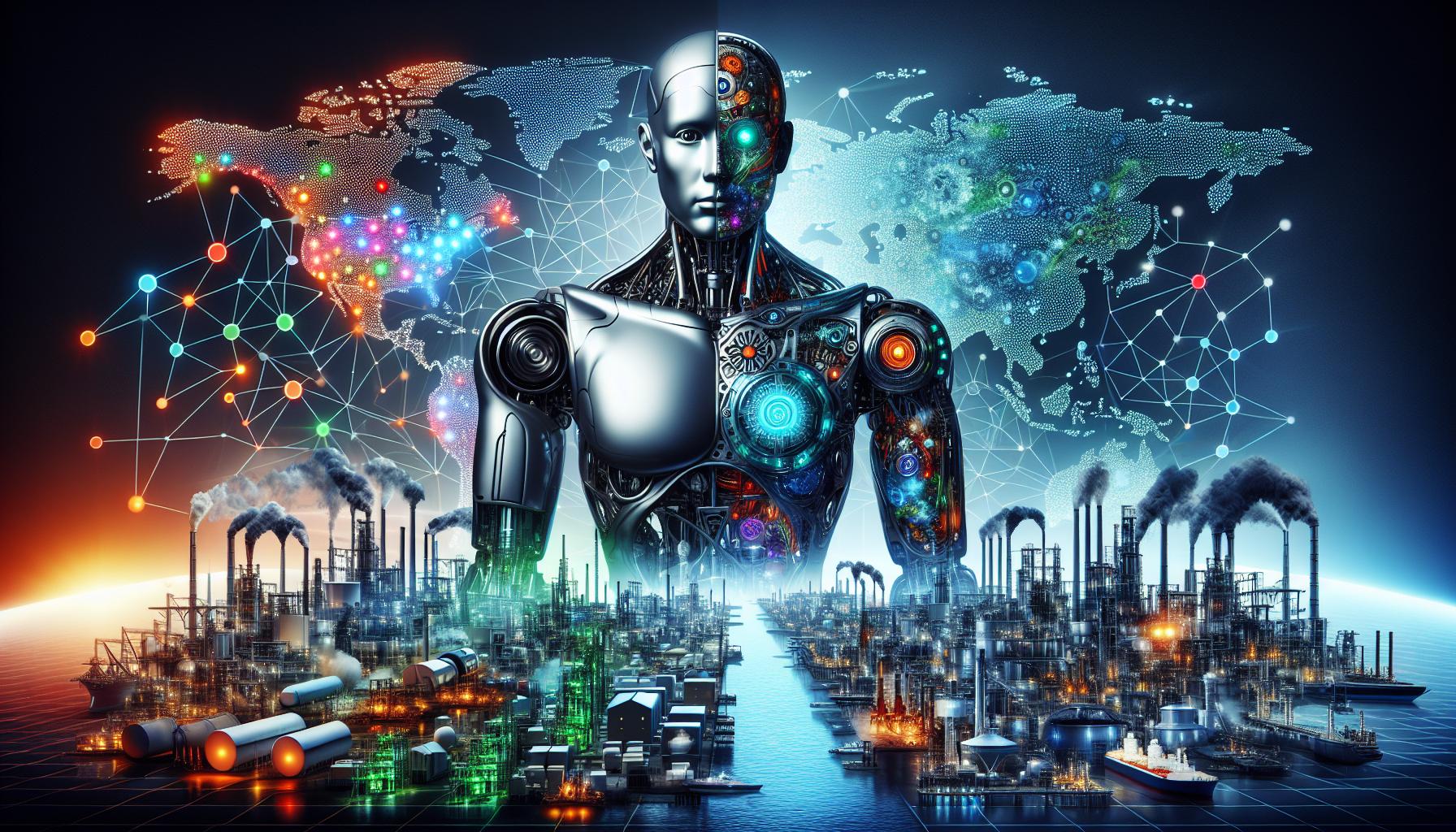IMF Analysis Reveals Impact of AI on Global Jobs and Inequality
Artificial intelligence (AI) is projected to have a significant impact on global jobs, with nearly 40% of positions expected to be affected, according to an analysis by the International Monetary Fund (IMF). The report, released on Sunday, highlights the potential consequences of AI on income inequality, with advanced economies likely to be hit harder than emerging markets and low-income countries.
AI Could Worsen Income Inequality, Warns IMF Chief
IMF Managing Director Kristalina Georgieva has cautioned that AI is likely to exacerbate overall inequality. She called for proactive measures by policymakers to prevent the technology from further intensifying social tensions. Georgieva’s statement coincides with discussions at the World Economic Forum in Davos, where leaders from around the world are deliberating on the impact of AI.
Advanced Economies to Bear Brunt of AI’s Impact on Jobs
The IMF analysis suggests that advanced economies will witness about 60% of jobs affected by AI, compared to the impact on emerging and low-income countries. The report points out that while some jobs may disappear altogether, the more probable scenario is that AI will complement human work. This means that certain workers may benefit from enhanced productivity gains due to AI integration.
IMF Calls for Safety Nets and Retraining to Address AI’s Consequences
To mitigate the impact of AI on income inequality, the IMF chief stressed the need for countries to implement comprehensive social safety nets and retraining programs for vulnerable workers. These measures would help ensure that those affected by job losses due to AI are supported during the transition and have access to new employment opportunities.
AI Integration May Bring Productivity Gains and Income Growth
While AI is expected to have negative consequences for some jobs, the IMF report also highlights the potential for enhanced productivity gains through AI integration. In certain cases, AI may actually enhance workers’ jobs, making them more productive and potentially increasing their income levels. The report notes that only half of the jobs affected by AI are likely to face negative consequences.
As the IMF prepares to publish updated economic forecasts, Georgieva emphasized the importance of unlocking productivity through AI to sustain global economic growth. However, she also expressed concern that 2024 could be a difficult year for fiscal policy worldwide, as countries grapple with the financial aftermath of the Covid-19 pandemic. Georgieva cautioned against potential pressure on governments to increase spending or cut taxes to gain popular support, which could undermine progress in fighting high inflation.
Analyst comment
Positive news: The IMF analysis highlights the potential for enhanced productivity gains and income growth through AI integration. Certain workers may benefit from AI by becoming more productive and potentially increasing their income levels.
Negative news: AI is projected to have a significant impact on global jobs, with nearly 40% of positions expected to be affected. Advanced economies are likely to bear the brunt of AI’s impact on jobs, leading to potential income inequality.
Neutral news: The IMF calls for proactive measures by policymakers to prevent AI from exacerbating overall inequality. They emphasize the need for comprehensive social safety nets and retraining programs to support workers affected by AI job losses. The IMF chief also expresses concern about the fiscal policy challenges countries may face in 2024 due to the financial aftermath of the Covid-19 pandemic.













